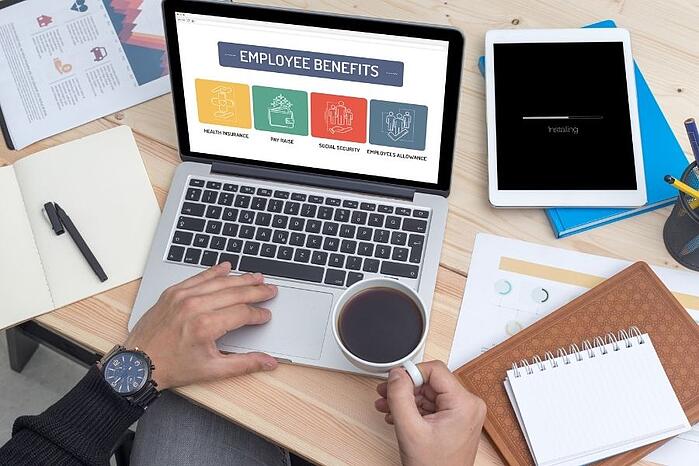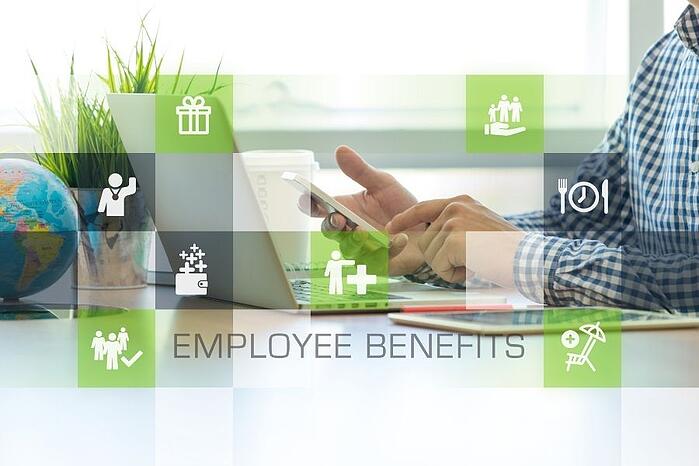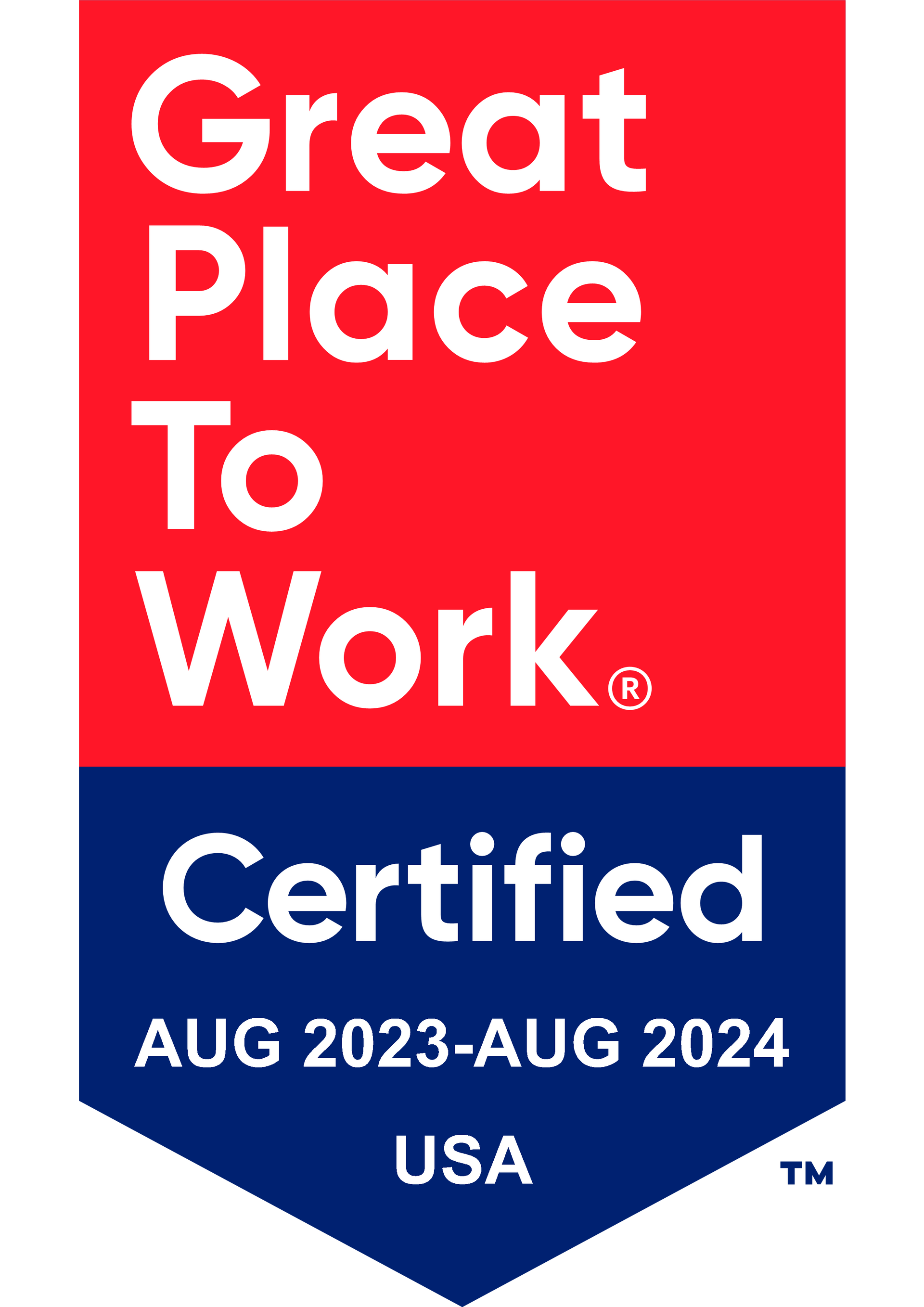Get in touch
408-366-8880
mymail@mailservice.com
mental health Insights

Mental Health

15 Apr, 2022
We often get asked about the types of insurance necessary for small businesses to have. It’s a valid consideration, given that small businesses can lose millions of dollars out of pocket due to lawsuits and damages without the right types and level of insurance coverage. Business insurance provides protection for a wide range of unexpected accidents and events to mitigate potential damages and losses . The types of insurance important for small businesses depend, in part, on the company size, industry and number of employees. Still, there are some insurance policies that are necessary for small businesses to have, regardless of your business type. Some of the most common types of insurance for small businesses include: General liability insurance Product liability insurance Professional liability insurance Commercial property insurance Commercial auto insurance Hired and non-owned auto insurance Commercial umbrella insurance Business owner’s policy Employers’ liability insurance Hazard Insurance Cybersecurity insurance Business interruption insurance Construction liability insurance Builder’s risk insurance Tools & equipment insurance Worker’s compensation insurance Unemployment insurance Read on to learn more about what each insurance provides so you can protect your small business. GENERAL LIABILITY INSURANCE General liability insurance protects businesses from claims of bodily injury or property damage caused by your business. For example, if someone trips entering your restaurant, this type of coverage can help pay for their qualifying medical expenses. General liability insurance can also protect you from claims of advertising errors and reputational harm. PRODUCT LIABILITY INSURANCE Business owners can also purchase product liability insurance that protects them against claims that their product caused bodily injury or property damage. PROFESSIONAL LIABILITY INSURANCE Virtually any business can benefit from professional liability insurance. Also referred to as errors and omissions (E&O) insurance, professional liability insurance covers you if a client sues because of an oversight or mistake made in your business's professional services. COMMERCIAL PROPERTY INSURANCE Commercial property insurance protects your equipment and rented or owned buildings. For example, if someone breaks into your building and steals equipment, this type of insurance can help cover the replacement costs. COMMERCIAL AUTO INSURANCE Businesses that own vehicles must carry commercial auto insurance. Auto insurance covers injuries and damages if you or your employees get into an accident in a company vehicle. The state in which your business operates sets the minimum coverage required. HIRED AND NON-OWNED AUTO INSURANCE Companies sometimes request employees to use their personal vehicles for business purposes, aside from driving to and from work, which increases auto liability claim risks. Hired and non-owned auto insurance cover such claims for businesses that utilize rented, leased, or personal vehicles for business purposes. COMMERCIAL UMBRELLA INSURANCE Commercial umbrella insurance extends the coverage limits of certain business insurances policies. Commercial umbrella insurance kicks in and helps cover the cost differential if a claim cost exceeds your business policy’s limits. BUSINESS OWNER’S POLICY (BOP) Business owners’ policies are very popular. These policies, also referred to as BOP, streamline the insurance buying process by combining business income insurance, commercial property insurance, and general liability insurance into one. EMPLOYERS’ LIABILITY INSURANCE Employers’ liability insurance is also referred to as employment practices liability insurance. It protects your business from employment-related claims, such as sexual harassment, discrimination, and wrongful termination. HAZARD INSURANCE Hazard insurance for small businesses helps to protect against your equipment and building. It protects against both rented and owned property. CYBERSECURITY INSURANCE In today’s world, cybersecurity insurance is a must for businesses to have. According to the Identity Theft Resource Center (ITRC), in 2015, there were 780 breaches with 177,866,236 records exposed, with government, private business, educational, financial, military and healthcare organizations impacted. In the H1 2020 Cyber Insurance Claims Report that followed October 2020 onward, there was a 100% increase between 2019 and Q1 2020 in the severity level of ransomware attacks. There was also a 67% upward tick in email attacks. The 2019 Cost of a Data Breach Report showed that $3.92 million was the average cost of a data breach globally in 2019, up 1.5% from 2018 and 12% from 2014. Cybersecurity insurance protects businesses against network outages, data breaches and more due to cyber events. There are several types of cybersecurity insurance available for businesses, including: Network security and cyber extortion/ransomware coverage Breach response coverage Errors and omissions cyber insurance Professional liability cyber coverage Data breach and privacy crisis management Network business interruption coverage Media liability coverage Fiduciary liability BUSINESS INTERRUPTION INSURANCE Business interruption insurance, also referred to as business income insurance, can replace lost income if you can’t conduct business as usual due to qualifying reasons, such as a fire, theft, or natural disaster. Items covered include temporary facilities, payroll expenses, profits, fixed costs, business taxes, loan payments, commission and training, and more. Business interruption insurance generally covers a period of 30 days for closure due to physical damages and can be extended to 365 days using an endorsement. Some policies include a waiting period of 48 to 72 hours before the coverage commences. CONSTRUCTION LIABILITY INSURANCE Construction liability insurance is vital for any construction or contractor business to protect against claims of negligence, lawsuits, and losses. Most policies protect projects against fire, collapse, explosion, and other damage. General construction liability insurance also helps to cover claims of property damage, bodily injury, and negligence and assists with legal costs associated with such risks. Construction liability insurance generally covers: Damages to the commercial space being rented Lawsuits claiming slander, libel, false advertising, and copyright infringement Injury caused by someone working for your business Injury experienced by someone on the business’s property Property damage caused by you or your employees or contractors BUILDER’S RISK INSURANCE Builder’s risk insurance is ideal for contracting businesses working on projects. This type of policy is a temporary policy that covers the contractor throughout the construction process by mitigating risks for buildings and structures while they're under construction. It also covers materials, the property related to the construction of the structure or building, and contractor equipment. Typically, the level of builder’s risk insurance purchased covers the total estimated value of the completed structure or building. Loss or damage due to the following are generally covered: Weather events, such as heavy wind and hail damage Fire Theft Vandalism Mechanical breakdowns Explosions Vehicles running into the structure or building TOOLS & EQUIPMENT INSURANCE If you’re a contractor or builder that works at different locations, you might consider adding equipment coverage insurance to your general liability insurance. It helps cover repair and replacement costs for all of your equipment, from compressors and welders to wrenches and screwdrivers. WORKER’S COMPENSATION INSURANCE Work-related accidents and illnesses can happen on the job. Workers’ compensation insurance covers employees who become ill due to their work or are injured. This type of insurance covers a worker’s medical bills and lost wages due to a job-related illness or injury. Most states require organizations with employees to carry workers’ compensation insurance. The state in which your business is located and does business drives the level of required coverage. UNEMPLOYMENT INSURANCE All employers are required to pay unemployment insurance. Unemployment insurance requirements are set by the state in which you are located and conduct business. TIPS FOR SECURING SMALL BUSINESS INSURANCE To help you secure business insurance for your organization: Assess your needs and identify current gaps. Consider the potential risks you face and ensure you have the right coverage across the board. Do your homework. Conduct research on the policies available to you, as well as pricing. Be sure to review the fine print and any exclusions for any policy you’re reviewing. Work with an insurance broker. A reputable and experienced business insurance broker takes the guesswork out of the insurance buying process. They can guide you to identify and assess your gaps and needs, so you can trust you’re making an informed and educated decision. KBI BROKERAGE FIRM SUPPORTS VARIOUS TYPES OF INSURANCE FOR SMALL BUSINESS Your business operations can continue without facing financial ruin if you have the appropriate business insurance coverage. It’s also vital that you have the right insurance types and levels for your specific business and industry. KBI has worked with all types of businesses in a variety of industries to support their insurance needs. We also have relationships with numerous insurance organizations that offer the myriad of business insurances available to support your organization. We will work with you to ensure your risks are adequately assessed and covered to the full extent possible. Our team will take the guesswork out of purchasing business insurance and tailor offerings to meet your specific needs and budget. If you have questions about the many types of business insurance available and what would work best for your business, we are here to help. Please don’t hesitate to contact us to see how we can support you and your business in securing the necessary insurance to best mitigate business risks. By Chris Freitas
Services
Latest Thinking

by Chris Freitas
•
23 Apr, 2024
As the agricultural sector evolves and expands, the need for comprehensive medical plans tailored to the unique demands of this industry has become more pronounced. That’s why KBI Benefits is proud to offer UnitedAg medical plans designed specifically for agribusinesses, providing a robust solution to protect your employees and your agribusiness. Let’s discuss what agriculture medical insurance is, who it’s for, and how KBI Benefits can help you get started. What is Agriculture Medical Insurance? Agriculture medical insurance, particularly in the context of medical plans, offers coverage that protects farm owners, operators, and their employees against the financial burdens of medical expenses. This insurance is essential for mitigating the risks associated with illnesses and injuries that can be common in a physically demanding job. Health insurance for agribusinesses not only covers medical and hospital bills but often also includes wellness programs and preventive care, which are crucial in maintaining a healthy workforce. How to Receive Agriculture Insurance for Your Agribusiness The scope of agriculture medical insurance, extends to many entities in the agricultural sector, including entities that empower or influence agricultural businesses. This includes: Agriculture Production: Businesses engaged in crop and livestock production. Agricultural Services: Companies providing support services to the agriculture sector, such as soil preparation, planting, and harvesting. Forestry and Timber: Entities involved in the management and production of forest resources. Commercial Fishing and Hatcheries: Businesses focused on the breeding, raising, and harvesting of fish and other aquatic species. Agribusiness Support: Firms involved in the processing, distribution, and marketing of agricultural products, as well as those supplying equipment and inputs like seeds, chemicals, and machinery. To qualify for UnitedAg medical plans through KBI Benefits, companies must demonstrate that they derive at least 51% of their income from production agriculture or agribusiness-related activities. Most businesses within the Standard Industrial Classification (SIC) Codes for Agriculture, Forestry, and Fishing are eligible, although there are specific criteria and exceptions that may apply. Speak with a KBI Benefits agent today to learn more. How KBI Benefits Facilitates Agriculture Insurance KBI Benefits, in collaboration with UnitedAg, provides specialized medical plans tailored to the needs of the agricultural industry. Our recent appointment to offer agriculture medical plans underscores our commitment to enhancing the well-being of those who work hard to feed the nation. Here's how we help: Customized Solutions: We understand that no two agribusinesses are the same. KBI Benefits offers personalized consultations to ensure that the coverage meets the specific needs of each business, considering factors like company size, types of activities, and employee needs. Easy Accessibility: Our team of dedicated agents is just a call away, ready to guide you through the process of selecting and setting up the right plan for your business. Comprehensive Coverage: The UnitedAg medical plans offered by KBI Benefits cover a range of health services, from emergency care and hospitalization to preventive wellness programs, ensuring comprehensive coverage for your workforce. Support and Advisory: Beyond just providing insurance, we serve as a partner in ensuring the health and productivity of your employees, offering ongoing support and advice regarding your agriculture medical insurance to keep your operations running smoothly. Conclusion The health of your employees is as critical as the health of your agribusiness. In an industry as physically demanding as agriculture, having the right medical coverage is not just beneficial; it's essential. Protect your most valuable asset—your people— by speaking with a KBI Benefits agent today . We'll help you choose the agriculture medical insurance plan that best suits your agribusiness's needs, ensuring peace of mind and fostering a healthier, more productive workforce.










